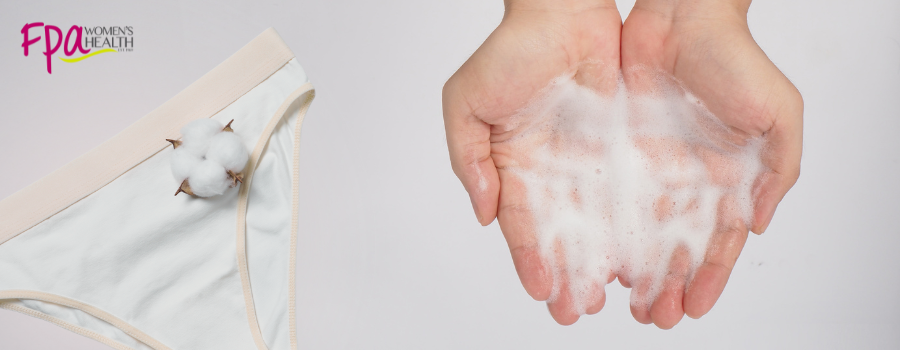Can birth control cause itching and burning?

Vaginal itching or dryness could unfortunately be caused by a lot of different things.
Neither hormonal birth control nor emergency contraception (including plan B) has been shown to cause infections. For some women, however, these can change the pH balance of the vagina and make them more prone to overgrowth of yeast or Bacterial Vaginosis (BV.)—both of which can cause dryness, irritation and itching.
If you're experiencing vaginal itching and burning, here are the most common culprits:
Infections
Yeast infections caused by an overgrowth of Candida or Bacterial vaginosis, can lead to itching or discomfort. A yeast infection may be treated with a vaginal cream, vaginal suppository, or a prescription for an oral medication.
STIs
While some STIs are asymptomatic, others—such as Chlamydia or Gonorrhea—can present with vaginal itching or irritation. Ensure you're getting tested regularly!
Hormonal changes
Fluctuations in hormone levels, such as those that occur during menopause, can cause vaginal dryness and itching. If you are or think you may be experiencing menopause, see your gynecologist for guidance.
Irritants
Certain products like scented soaps, detergents, douches, or bubble baths can irritate the delicate vaginal mucosa and cause itching. Avoid these!
Allergies
Some people may have allergies to certain materials such as latex condoms or certain fabrics, which can cause itching or irritation.
Skin conditions
Eczema or psoriasis can affect the skin of the vulva. If you have one of these conditions, consult your dermatologist to explore treatment options.
Lack of lubrication
Insufficient vaginal lubrication during sexual activity can lead to friction and micro-tears of the vagina, which can lead to itching or discomfort.
What's next?
The first step should be treating any infection you may have, and then combating the dryness you have with a personal lubricant until you are healed.
We strongly recommend you schedule an appointment so your health provider can determine if you need treatment for a yeast infection or BV. Most yeast infections will require an anti-fungal medication (oral or vaginal) and BV infections will require an antibiotic.
If you are prone to yeast infections while taking birth control, it is likely this will improve after you have been on it for a while when your body has had a chance to adjust to the hormones.
Preventing yeast infections

Here are some ways you can try and prevent recurrent yeast infections too:
- Consume more probiotics
- Wear cotton underwear
- Stay away from scented feminine hygiene products and soaps
- Do not douche
- Sleep more
- Eat a health diet
When women feel confident in their birth control and are in an STI-free relationship, sexual activity may involve male ejaculation into the vagina. Semen can alter the pH of the vagina and increase the risk of acute vaginitis. We recommend urinating after intercourse and then rinsing all ejaculate out of the vagina with plain water.
If you continue to suffer from yeast infections while on birth control pills, you can also consider switching to a birth control that doesn’t contain estrogen. Some estrogen-free options include:
- Progestin-Only “Mini” Pills
- Mirena or Kyleena IUD (Progestin Only)
- Paragard IUD (Completely hormone free)
- Nexplanon Implant (Progestin Only)
If you are ready to make the switch from birth control and/or have further questions, make an appointment with us to discuss all your options.
We are proud to offer Telehealth visits so that you may consult with a provider from the safety and comfort of your home! Visit our website and book a telehealth appointment online today if you have any additional questions.
Share This
Get Help Now